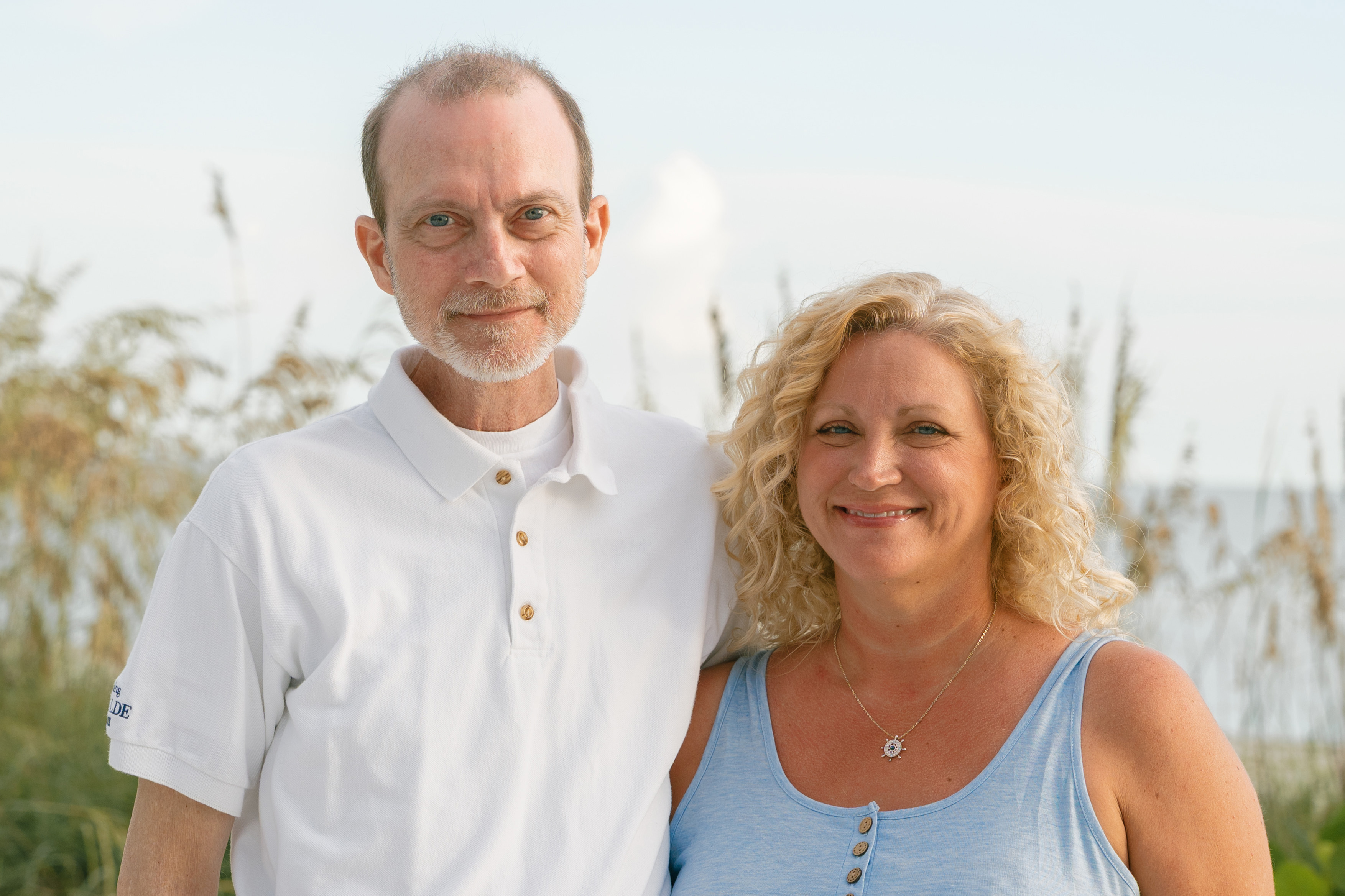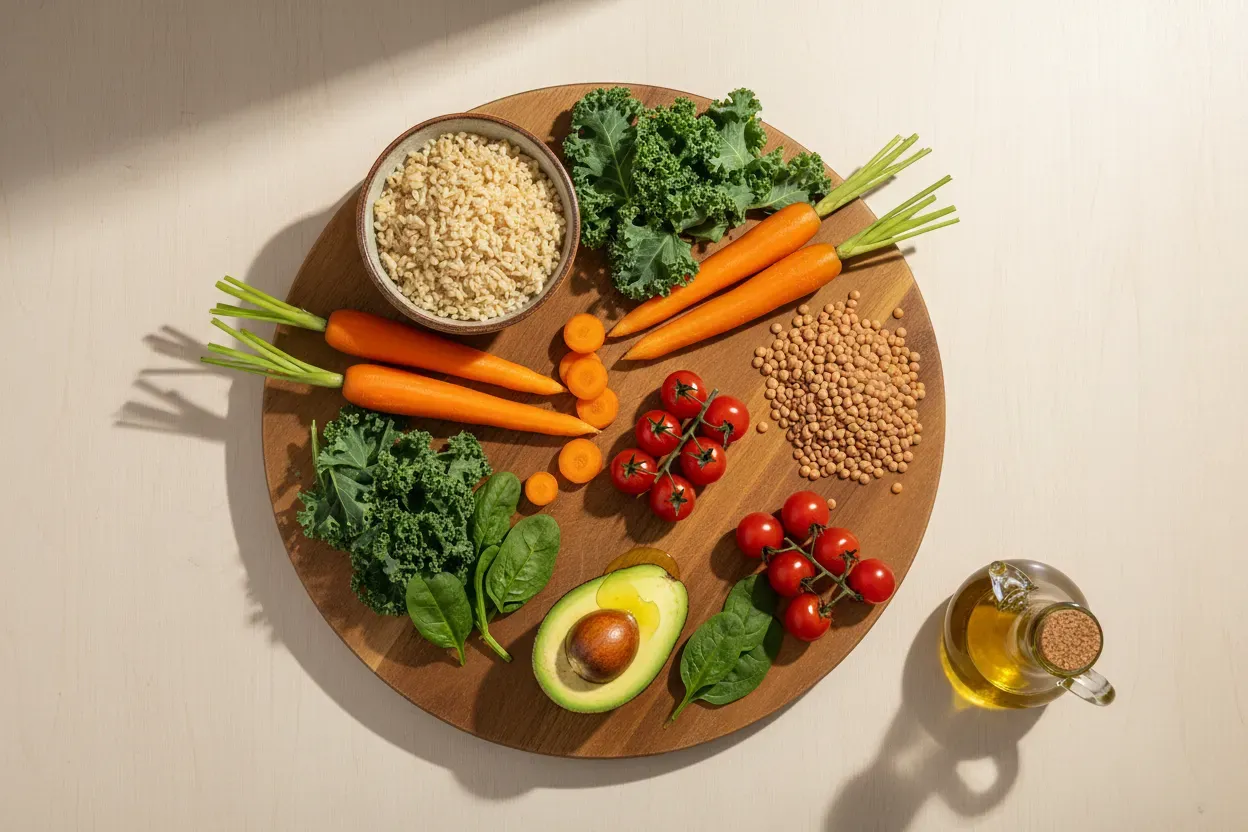Setbacks are an inevitable part of any healthy eating journey, but how people respond to them makes all the difference. This article explores practical strategies for maintaining a positive mindset when things don’t go as planned, drawing on insights from nutrition and behavioral health experts. Learn how to reframe slip-ups, identify emotional triggers, and build sustainable habits that prioritize progress over perfection.
- Treat Each Slip-Up as a Data Point
- Reset With Your Next Meal
- Treat Slip-Ups as Part of the Process
- Focus on Consistency Over Perfection
- Examine the Emotional Triggers Behind Choices
- Track Your Healthy Choices Instead
Treat Each Slip-Up as a Data Point
When I slip up with my eating, I treat it like a data point, not a disaster. One off-track meal doesn’t change your health; how you respond to it does. I ask myself two questions: What led up to it? and What’s the next best choice? Usually the trigger is something simple—poor sleep, a long workday, or not eating enough protein earlier. So instead of spiraling, I reset with water, a balanced meal, and a walk.
As a NASM Certified Nutrition Coach and ISSA Nutritionist, I’ve seen that people make the most progress when they stop punishing themselves and start analyzing patterns. The goal isn’t perfection; it’s consistency over months. If you stay curious instead of critical, every setback becomes feedback. And that mindset keeps you positive, steady, and a lot more successful long-term.

Reset With Your Next Meal
When I slip up with healthy eating, I don’t beat myself up. I reset with my next meal. I remind myself that one choice doesn’t undo all my progress. I focus on hydration, movement, and nutrient-dense foods to get back on track quickly. My advice is to avoid chasing perfection and instead aim for consistency. Stay positive by reflecting on how far you’ve come and what your body needs to thrive. Progress isn’t lost from a single setback. It’s built over time.

Treat Slip-Ups as Part of the Process
I always tell people that slip-ups are part of the process, not the end of it, and that healthy eating is never a straight line. There will be weekends, trips, stress days, and moments where you eat whatever is in front of you, and that’s okay. The important thing here is what you do next, and instead of feeling guilty, treat it as just one meal, one day, not the whole lifestyle. Next meal, go back to basics: protein, veggies, water. No punishment, no extreme “detox,” just a quiet reset. Smaller, safer steps get you farther toward the objective.

Focus on Consistency Over Perfection
When I experience setbacks in my healthy eating habits, I handle them by reminding myself that one slip-up doesn’t define the entire journey. Instead of feeling guilty or trying to “overcorrect,” I simply acknowledge what happened, understand why it happened, and then return to my routine at the very next meal. This approach keeps me grounded and prevents small mistakes from turning into a full relapse.
What helps most is focusing on consistency, not perfection. Healthy eating is a long-term lifestyle, not a short-term challenge, so occasional deviations are natural. I also try to keep nutritious food options easily available, which makes getting back on track effortless.
My advice is to stay positive by being kind to yourself. Celebrate progress, not perfection. View every day as a fresh opportunity to make better choices. A compassionate mindset keeps you motivated and makes the entire journey far more sustainable.

Examine the Emotional Triggers Behind Choices
Most eating slip-ups are based on emotional stress rather than food cravings themselves. When I find myself reaching for something I don’t normally eat, it is usually signaling that I am tired, overwhelmed, or needing comfort. I try to look at what is underneath the choice. Was I rushed and skipped a meal? Am I trying to fill an emotional gap? That awareness shifts the pattern from self-criticism to self-awareness and support. My advice is to stay curious instead of judgmental – acknowledge the feeling, nourish yourself better, and move forward. Real health is emotional balance expressed through what we choose to feed ourselves.

Track Your Healthy Choices Instead
One approach that can be especially effective here is flipping what you’re tracking. Instead of focusing on avoiding unhealthy foods, simply keep track of how many times you made healthy choices in a given day or week. Aim to increase that number over time, even if it may fluctuate a bit, and you’ll have a much better attitude about your dietary goals.











